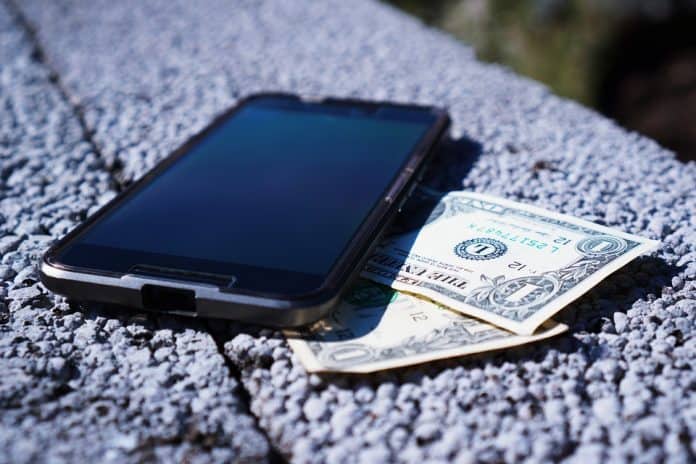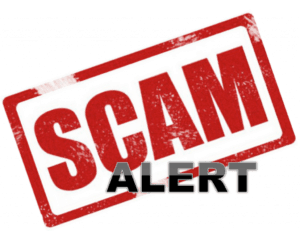
NEW JERSEY – FirstEnergy Utilities recently released a mini documentary entitled “Hang Up, Don’t Pay Up: When a Scammer Calls,” urging customers to be wary of phone scammers impersonating FirstEnergy employees.
In the documentary, FirstEnergy customers speak out about their experience with scammers impersonating employees and provide some tips to help customers avoid these scams.
They explain that the scammers might claim that you have unpaid electric bills, threatening to shut off your power if you don’t pay up. These fraudsters use caller ID spoofing to cover up the real number while recreating FirstEnergy’s automated menu. This is what makes these scammers so convincing.
In addition to phone scammers, FirstEnergy warns residential and business customers to be wary of door-to-door scammers in the coming warming weather. These scammers also demand immediate payment, threatening service disconnection.
“Scammers can be very convincing and often target those who are most vulnerable, like senior citizens or business owners who rely on electric service to run their business and make a living,” said Gary W. Grant, vice president of customer service for FirstEnergy Utilities. “We want others to hear directly from victims of attempted utility scams, in hopes they’ll learn how to spot a scam in the future. Most important, if you ever receive a call demanding immediate payment to your electric utility, hang up, don’t pay up.”
Last year, FirstEnergy received 959 reports of scams from customers, almost double that of 2016.
You can find the mini documentary “Hang Up, Don’t Pay Up” on FirstEnergy’s Scam and Fraud Information website.
The site also provides tips and information to help customers avoid falling victim to scammers, including:
- Customers with past-due accounts will receive a written notice of their account status, with instructions on how to avoid disconnection of service.
- FirstEnergy employees would explain how a payment can be made using the established payment options, rather than demand payment over the phone.
- FirstEnergy field collectors carry company-issued photo ID and offer customers with past-due accounts the opportunity to pay their bill in person before shutting them off.
- FirstEnergy does not accept prepaid debit cards or wire transfers as payment, and their representatives will not demand bank or credit card information over the phone.
- Never dial the phone number the scammers provide.
“We encourage customers to contact us directly using the phone number listed on our website and on their billing statement if they need to verify the status of their electric account or to confirm the identity of a FirstEnergy employee,” said Grant. “When in doubt, always give us a call.”








